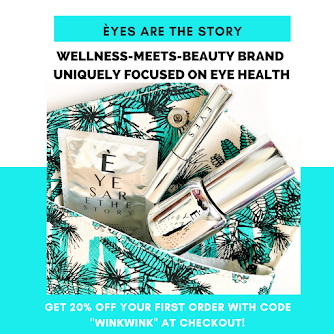The Future of Eye Care and 3D Printing
2:56 PMCan you imagine a world where all contact lenses are completely custom to the patient's eye shape and prescription? Right now most contact lens wearers use mass produced soft lens products, made to fit an average eye shape and an average range of prescriptions. If you wear contact lenses, and have felt that they never really seemed as clear as your glasses, or as comfortable on your eye as you think they should, this is because you are wearing contact lenses that are mass produced. You may not have an average prescription or an average eye and cornea shape, but you are expecting a lens that is made for an average person to be perfect for you too. Custom lenses (be they soft or rigid gas permeable) are a way to enhance vision and comfort, but they still fall short of perfection. The reason is that our imaging technology available today is not capable of measuring your eye shape to the smallest degree to find a lens that would be a 100% perfect fit.
 |
| An irregular cornea imaged by Bioptigen's next generation OCT via |
 |
| MYKITA Mylon ophthalmic collection -- custom 3D printed frames from Germany via |
 |
| Above and Below: This Protos Eyewear frame pokes fun at its computer-engineered and 3 D printed roots. They also offer more subdued looks in their collection, but only in black at this time via |















.jpg)

0 comments